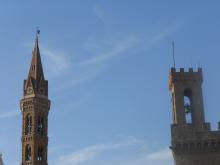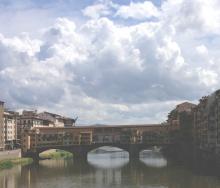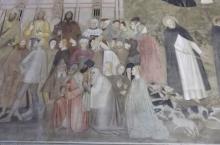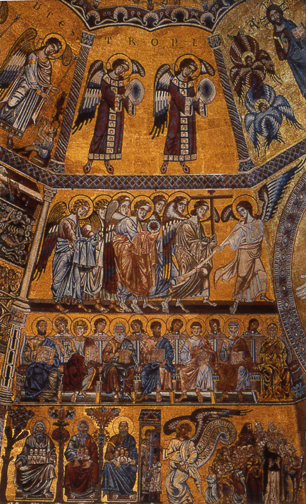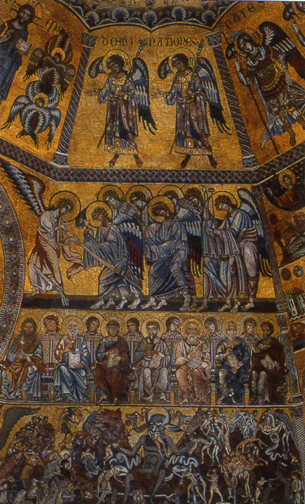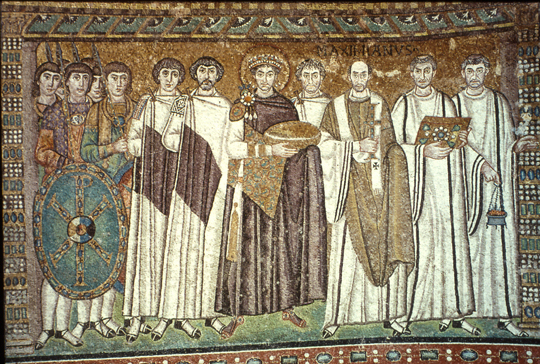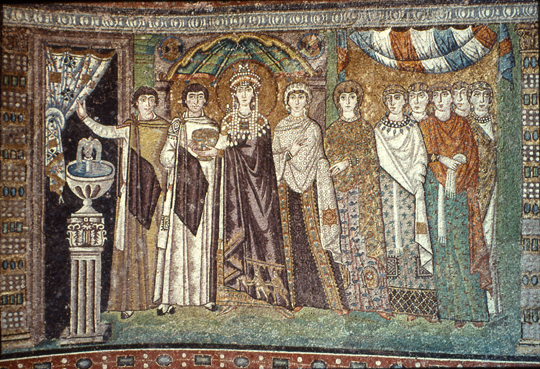
|
Locating Dante's Comedy in its historic and civic context, the Institute will provide NEH institute scholars a view of how the city of Florence’s medieval art, music, philosophy, theology, ethics, poetry, and economics converge in the poem. An examination of the Florentine setting illustrates how the Comedy expanded from its time and place to launch a sustained moral critique, yet the poem also demonstrates how for Dante poetry, ethics, and philosophy are overlapping magisteria, that is, overlapping forms of knowledge and comprehension. This too was a result of Dante’s intellectual development in the learning centers of Florence, where the new religious orders played a dominant role. Both Dominican theology and philosophy, and Franciscan spirituality and vernacular poetry were foundational to this idea of magisteria. All of these strands of Florentine life contributed to developing Dante's commitment to the ethical and theological power of poetry. Dante’s Comedy offers a case study of the inter-relationship of poetry, philosophy, and ethics in the broadest sense, even as it emulates the ancient epics to create a Christian epic for its own time. While addressing the philosophical and theological concerns raised in and by the poem, we will explore it as an expression of the poet’s sense of scandal at the civic, moral, and political demise of his natal city of Florence. Examining the poem in its cultural context highlights how Florence contributed to its poet’s convictions and moral, spiritual, and literary formation. |
|
Badia and Bargello, Florence |
Ponte Vecchio, Florence |
Santa Maria Novella Spanish Chapel, Florence |
|
In addition to visits to sites central to Dante's philosophical, political, and spiritual formation in Florence (San Giovanni Baptistery, Santa Maria Novella, Santa Croce, Palazzo dei Priori, and San Miniato), during the month, we will also visit Siena, the Basilica of San Francesco in Assisi, and the Paleo-Christian Monuments in Ravenna as locations both critical to the poem and to Dante's development as a poet. |
San Miniato al Monte |
|
|
|
San Giovanni Baptistery, Florence |
|
|
|
|

 Paiazzo dei Priori
Paiazzo dei Priori